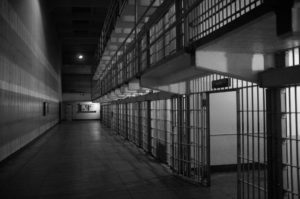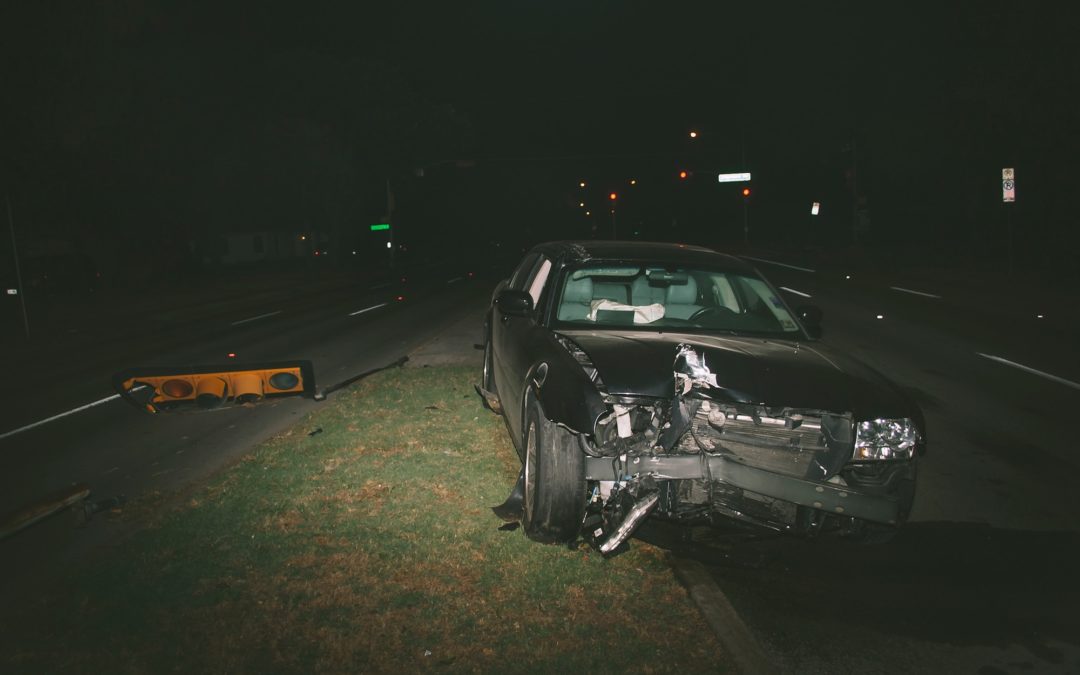Drugs and crime typically go hand in hand. The face of addiction often looks like a poor non-white person living in an urban area. As more people become informed, the face of drug addiction has changed: the face of the opioid crisis is now rural and white, which accurately depicts the majority of the affected population. Opioids are also responsible for the sweeping majority of drug overdose deaths today, and each death has and impact on a family, and on a community. Knowing how drugs actually affect and move through a community is essential in knowing how to properly deal with drug-related crime.
What is Drug-Related Crime?
 Drug-related crimes vary greatly. They can be anything having to do with the possession, manufacturing, distribution and/or use of illicit drugs. These aren’t the only drug-related crimes, though. Theft and violence, directed at both law enforcement and at civilians, are two big acts often be linked to local drug activity. The sentences for drug-related crimes vary, but some states have provisions for multiple drug-related offences that can create a path for a life sentence in jail. Of course, jailing every drug offense means that jails are filling with non-violent offenders quickly, and creating a growing population of unskilled people who desperately need services to become functioning members of society once released. Gangs, which can have huge networks of people, often rely on drug sales to fund their activities, including perpetuating violence in communities against other gangs. Sex workers often find themselves living in desperate and dangerous situations, and end up taking clients for drug money.
Drug-related crimes vary greatly. They can be anything having to do with the possession, manufacturing, distribution and/or use of illicit drugs. These aren’t the only drug-related crimes, though. Theft and violence, directed at both law enforcement and at civilians, are two big acts often be linked to local drug activity. The sentences for drug-related crimes vary, but some states have provisions for multiple drug-related offences that can create a path for a life sentence in jail. Of course, jailing every drug offense means that jails are filling with non-violent offenders quickly, and creating a growing population of unskilled people who desperately need services to become functioning members of society once released. Gangs, which can have huge networks of people, often rely on drug sales to fund their activities, including perpetuating violence in communities against other gangs. Sex workers often find themselves living in desperate and dangerous situations, and end up taking clients for drug money.
One of the most commonly-committed drug-related crimes are DUIs. Thousands of people die in drunk driving accidents every year, and other drugs exacerbate these odds. Even pilots have had a reputation of flying after a long night out on the town. Drug-related crimes are often committed in pursuit of a drug, and many drug-related crimes are committed while the person is high on the drug or drugs for which they’re committing the crime in the first place. Drug-related crime can be a scary avenue to consider when you’re living with addiction. Too often, people are injured or killed due to drug-related violence, and discernable patterns of drug use and crime can be traced to individuals who may not have access to the care they need.
What are the Most Common Drug-Related Crimes?
In 2012, nearly half of the inmates in correctional facilities in the United States were in prison due to drug-related crimes. The United States has the largest population of prisoners in the world, with some 7 million people either in jail or on probation. People who’ve committed crimes, whatever the crime for whatever the reason, are likely to commit a crime again. Most of the time, the crimes are of a similar caliber, and will involve the same type of prosecution. For the most common types of drug-related crimes, though, it is often the case that a criminal goes from theft to pay for the habit to murdering a person for their drugs or money. This is one of the many ways that drug and alcohol addiction can negatively impact a community – drug users aren’t the only victims of drug addiction.
The most common drug-related crime is drug use – whether we’re talking about shooting meth or drinking past the legal limit, using drugs, or using them outside of their intended purpose, is the most common drug-related crime. A close second is driving under the influence, which is usually a signature move from people living with alcoholism. The psychology of feeling that you’re okay to drive after using drugs is one that’s built itself through the twentieth century, slowing significantly when national awareness of the dangers of drunk driving was raised by law enforcement agencies and other community centers. Today, incidents of drunk driving are still high, but companies like Lyft and Uber, despite killing the traditional cab industry, have statistically reduced the number of DUIs in the cities in which they operate by providing a lower-cost ride to their patrons. Despite these options, drunk driving accidents are still a problem for local law enforcement agencies.
A decade ago, nearly half of the detainees across the country were in police custody due to a drug-related crime. This number is likely to continue to go down as states legalize marijuana, the most commonly-abused drug after alcohol.
What About Jailing Offenders?
As of last year, nearly one million people have been arrested in connection to drug-related crimes since 2000. In 2014, approximately 65% of inmates across the country fit the criteria for treatment for drug and alcohol addiction. When you combine this population incarcerated for drug-related crimes, the number goes up to 85%, a startling number of people who could be helped by comprehensive drug and alcohol addiction treatment. With so many people behind bars without the treatment that they need, the habits that landed them in prison are sure to result in another sentence.
Comprehensive treatment, though, isn’t as costly as you may think: some estimates actually have local governments breaking even within a year, saving tax dollars in the long run. The price of such a massive scale of drug and alcohol abuse has driven up the prison inmate population, escalated spending on the continually-failing War on Drugs, and rendered non-violent offenders and their families helpless. Writing to your state and city representatives is a big step in the battle against addiction.
If you or a loved one have fallen victim to the repercussions that drug addiction can cause, your answers are only a phone call away. Scottsdale Recovery Center® provides some of the best treatment in the country and we’re more than happy to discuss program options with you that align perfectly with your needs. Don’t let addiction take you down this sad and ugly road: brighter days are ahead and SRC® will help you find them.

